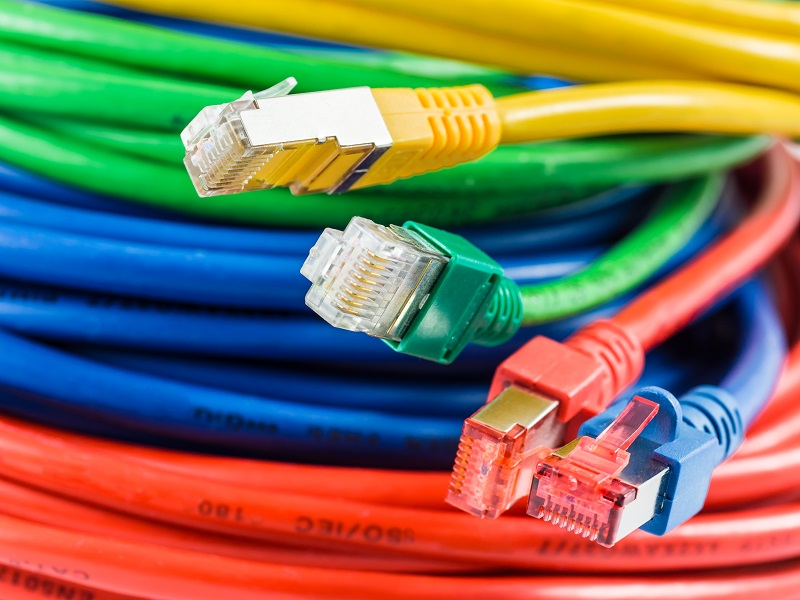VITAL ASPECTS TO KNOW ABOUT CAT 6 CABLING
Cat 6 cable or category 6 cable is the answer to all basic Ethernet cable needs today. It is basically a twisted pair cable that is used for Ethernet and other network layers. The category 6 cable or Ethernet cable is inflexible when it comes to system noise and cross talk. It delivers a commendable performance of up to 250 MHz.
The easiest and best way of recognizing a category 6 cable is by the print on the side of the sheath of the cable. The category 6 cable had been validated in the year 2002 and has by far, been the most popular and used Ethernet cable type. Building cabling requires category 6 cable regardless of it being unshielded or wheather-shielded.
There are certain features and applications that most people are unaware of the category 6 cable. That leads to uninformed purchases and faulty assembly. To avoid this, one must know in detail, all the features of the cat 6 cabling and where it finds application.
FEW MAJOR FEATURES OF THE CAT 6 CABLE:
The most prominent features of category 6 cable are as follows:
- Supports up to 1000Base-T
- Has a low Bet (Bit Error Rate)
- AWG23 type
- Uses four-wire pair signalling
- Supports nominal speed till up to 328 feet
- Backward compatible with the Cat 5, Cat 5e and Cat 3 cable standards
- Inexpensive
These are a few of the features that surface first when talking about category 6 cables. There are many other features as well that make it the most suitable cable type for Ethernet.
 |
| Cat 6 Cable |
APPLICATION OF THE CAT 6 CABLE:
Category 6 cable has found wide acceptance all across the world for its innumerable features and applications. Some of the more common applications of the category 6 cable are as follows:
- Phone cabling- Category 6 cables support digital, analogue and IP-based phones without causing the slightest of hindrances. Since cat 6 cables are AWG23, they can support DC currents of up to 350 mA easily. It doesn’t even cause any fluctuations or rise in temperature.
- Cat 6 systems- When it comes to category 6 systems, category 6 cables are the best pick. It acts as the backbone of the system as it is 100 meters in length.
- Gigabit Ethernet- Category 6 cables are capable of supporting data rates of 1 gigabyte per second. In other words, it supports Gigabyte Ethernet. It is also capable of supporting 10 Gigabit Ethernet connections within a range of 164 feet in case of a single cat 6 Ethernet cable.
- Power over Ethernet Equipment- Cat 6 cables are extremely compatible with and are always recommended for Po E equipment of Power over Ethernet equipment.
- CCTV – A strong link of 300 meters can be achieved using over-twisted cat 6 cabling and it provides a great balanced-unbalanced adaptation as well.
ADVANTAGES OF CATEGORY 6 CABLES:
There are numerous advantages of replacing cat 5 cables and other types with the far advanced cat 6 cable. Some of them have been listed below:
- Compatibility- The cat 6 cable has the same access point as that of its predecessors (cat 5 and cat 5e). Therefore, cat 6 cabling can be used in place of those cables also.
- Working with high speeds – The cat 6 cable is capable of handling and supporting up to 250 MHz. In other words, the category 6 cable can support high speed connections easily.
- Upgrade – The cat 6 cable should be a part of the upgrade of the network to an optimal state because otherwise it might not work as efficiently as it can.
- So, those were a few of the uncountable advantages, features and applications of the category 6 cable you can consider.









No comments